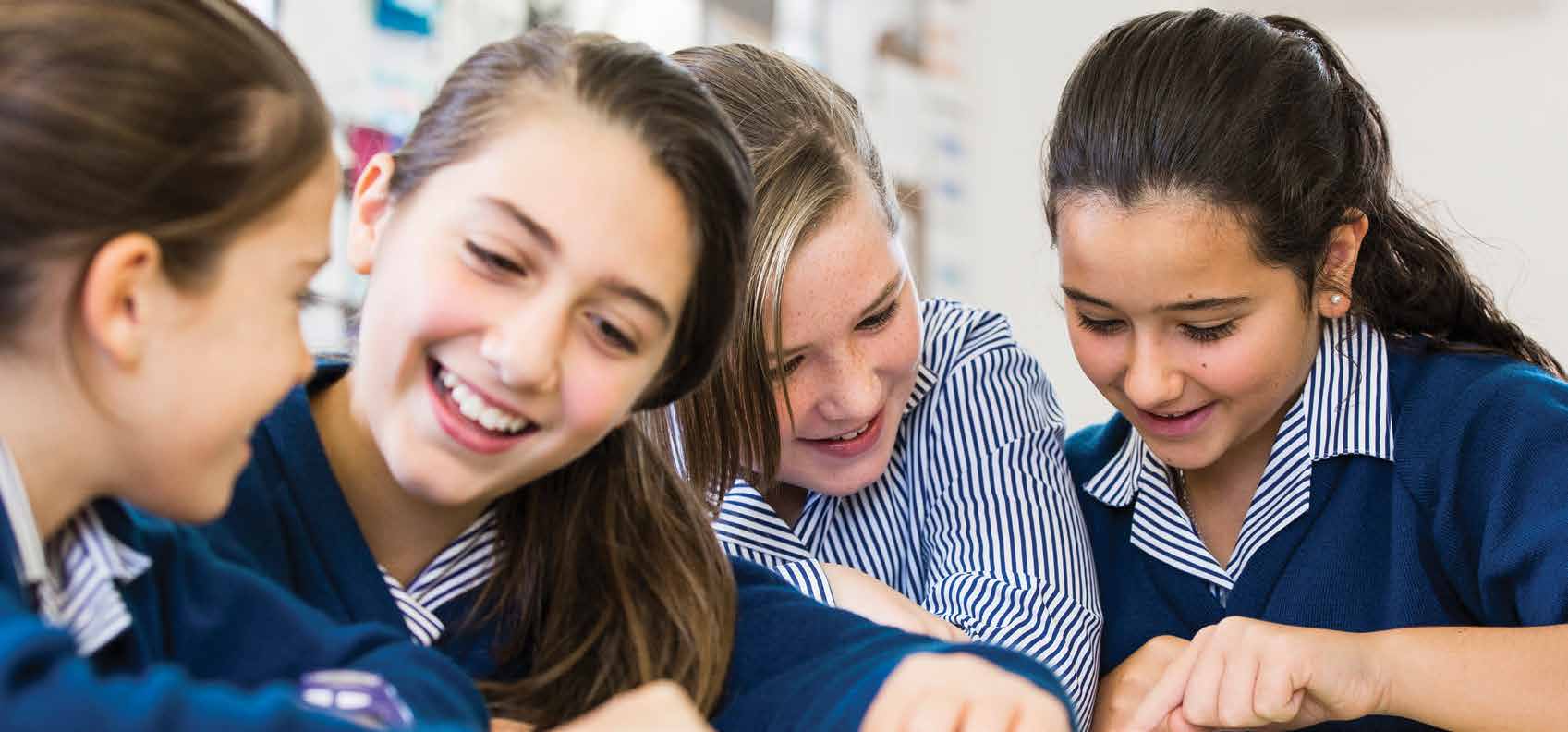Geography
Subjects
-
New List Item Write a description for this list item and include information that will interest site visitors. For example, you may want to describe a team member's experience, what makes a product special, or a unique service that you offer.
Art -
New List Item Write a description for this list item and include information that will interest site visitors. For example, you may want to describe a team member's experience, what makes a product special, or a unique service that you offer.
Drama -
New List Item Write a description for this list item and include information that will interest site visitors. For example, you may want to describe a team member's experience, what makes a product special, or a unique service that you offer.
English -
New List Item Write a description for this list item and include information that will interest site visitors. For example, you may want to describe a team member's experience, what makes a product special, or a unique service that you offer.
French -
New List Item Write a description for this list item and include information that will interest site visitors. For example, you may want to describe a team member's experience, what makes a product special, or a unique service that you offer.
Geography -
New List Item Write a description for this list item and include information that will interest site visitors. For example, you may want to describe a team member's experience, what makes a product special, or a unique service that you offer.
History -
New List Item Write a description for this list item and include information that will interest site visitors. For example, you may want to describe a team member's experience, what makes a product special, or a unique service that you offer.
ICT & Computer Science -
New List Item Write a description for this list item and include information that will interest site visitors. For example, you may want to describe a team member's experience, what makes a product special, or a unique service that you offer.
Latin -
New List Item Write a description for this list item and include information that will interest site visitors. For example, you may want to describe a team member's experience, what makes a product special, or a unique service that you offer.
Mathematics -
New List Item Write a description for this list item and include information that will interest site visitors. For example, you may want to describe a team member's experience, what makes a product special, or a unique service that you offer.
Music -
New List Item Write a description for this list item and include information that will interest site visitors. For example, you may want to describe a team member's experience, what makes a product special, or a unique service that you offer.
Philosophy -
New List Item Write a description for this list item and include information that will interest site visitors. For example, you may want to describe a team member's experience, what makes a product special, or a unique service that you offer.
Physical Education -
New List Item Write a description for this list item and include information that will interest site visitors. For example, you may want to describe a team member's experience, what makes a product special, or a unique service that you offer.
Religious Education -
New List Item Write a description for this list item and include information that will interest site visitors. For example, you may want to describe a team member's experience, what makes a product special, or a unique service that you offer.
Science -
New List Item Write a description for this list item and include information that will interest site visitors. For example, you may want to describe a team member's experience, what makes a product special, or a unique service that you offer.
Science - KS3 Curriculum -
New List Item Write a description for this list item and include information that will interest site visitors. For example, you may want to describe a team member's experience, what makes a product special, or a unique service that you offer.
Spanish
Geography
Studying Geography equips you with skills for life, whatever you decide to study or whichever job you choose. In Geography you will learn to identify problems, synthesise information from various sources, analyse data and present your findings. You will learn to balance different viewpoints and challenges in order to suggest solutions to some of the world’s most pressing problems.
The aim of the Geography curriculum at The Laurels is to instil in pupils their role as global citizens, to explore their values and responsibilities to other people, society, the environment and the sustainability of the planet. It is interesting, challenging, and progressive and covers a broad range of contemporary issues such as development, protecting natural features, energy conflict and climate change.
My Learning at The Laurels
In Geography you will study all three of the subject areas – physical geography, human geography and environmental geography. You will work independently to create posters and projects and to write essays on key geographical themes. You will work in groups to create presentations and to develop solutions to Geographical problems.
You will take part in fieldwork, both local and further afield – from Clapham South and Croydon to the Dorset Coast and a village in the Peak District.This will help you to apply your geographical knowledge and understanding to real life contexts.
You will be able to get involved in the many co-curricular activities on offer – especially Model United Nations where you will work with pupils from other schools to develop solutions to some of the world’s most pressing problems.
Course Content
KS3
Year 7 to 9
Pupils in Key Stage 3 cover physical geography, human geography and environmental geography through six continents and regions – Central America, Asia, Africa, Russia, Polar Regions and the Middle East. They will focus on the continents of Africa and Asia and also the geography of Russia. They will study physical features such as rivers, coasts and glaciation and understand how these features change over time. Pupils will learn about development and the challenge of using the earth’s resources wisely. They will also study an area of the UK – London, The Lake District and Eastbourne and the South Downs.
They will develop map skills using atlases, ordnance survey maps and using computers to develop online mapping skills (GIS). Pupils will also learn how to interpret and to present data in various forms such as graphs, pie charts and tables.
Fieldwork activities take place in Bamford in the Peak District, The River Thames, Westow Hill and The Lake District.
KS4
Years 10 and 11
At GCSE, pupils will study OCR B Geography for Enquiring Minds
This combines the traditional study of human and physical geography with a decision making activity where pupils use their geographical knowledge to suggest a solution to a particular problem.
- In Paper 1 – physical geography they will look at global hazards, including earthquakes, volcanoes, floods and tropical storms; climate change; rivers and coasts and ecosystems.
- In Paper 2 – human geography they will study cities, development through an investigation of Ethiopia, the future of the UK and how our use of and reliance on resources will change.
- Fieldwork activities take place at Lulworth Cove and Durdle Door in Dorset, the River Thames and locally in Westow Hill.






